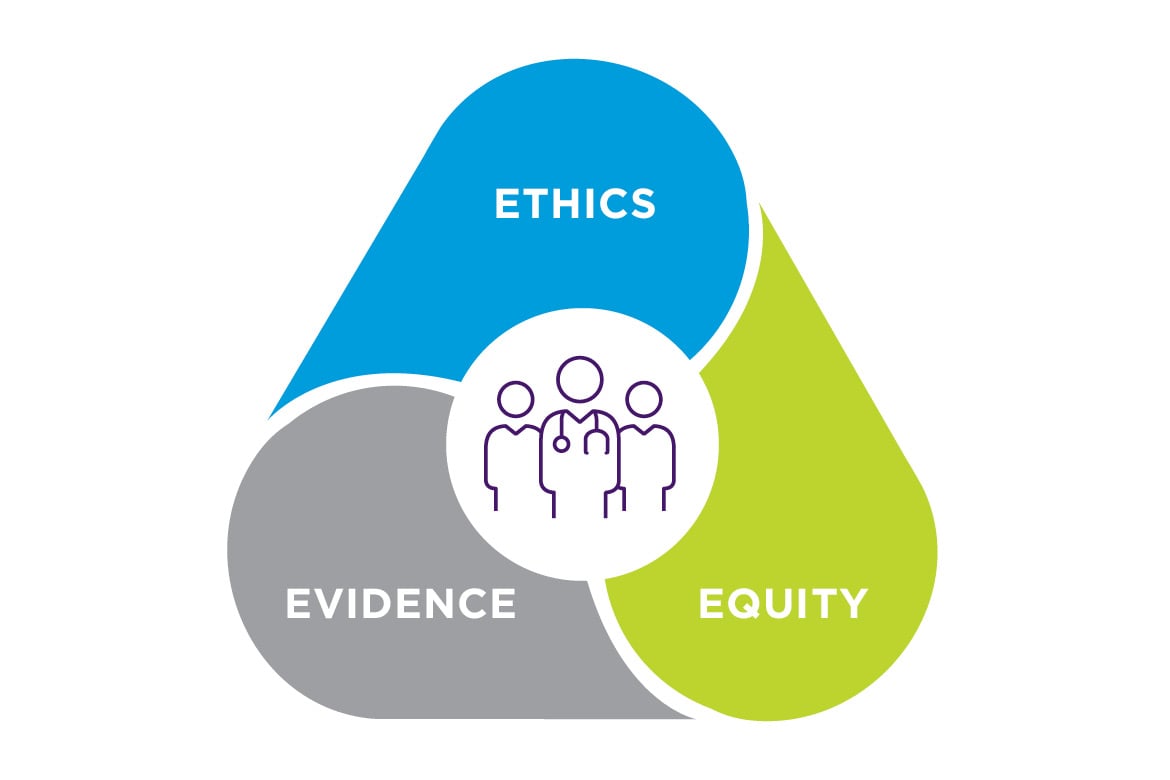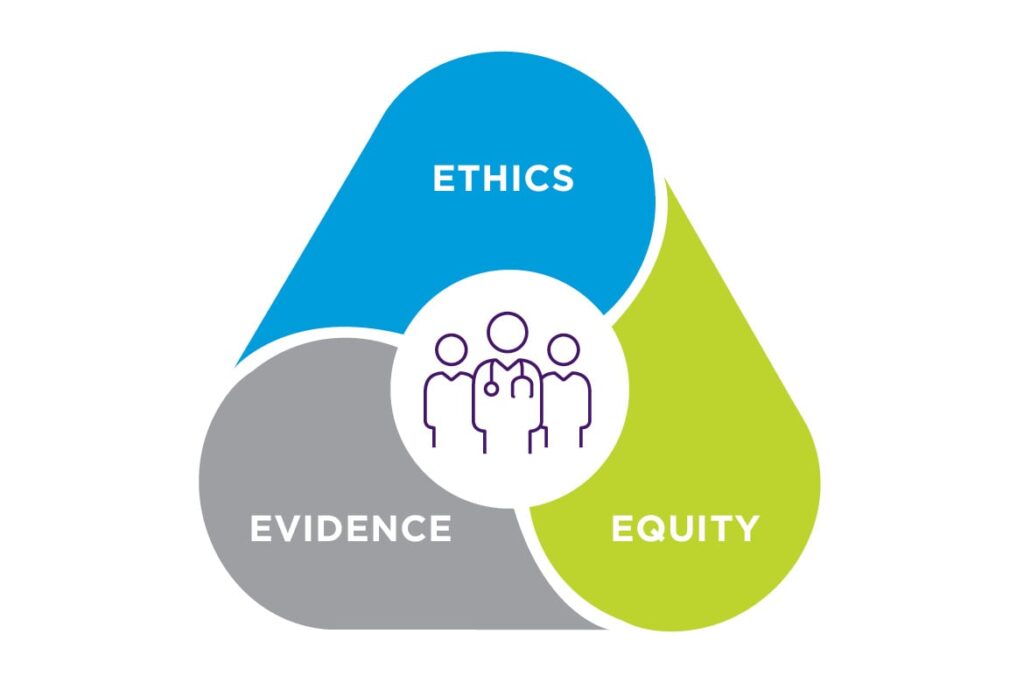
What You Should Know:
– The American Medical Association (AMA) today released seven new principles for augmented intelligence (AI) development, deployment, and use, marking a critical step toward fostering a consistent governance structure for advancements in healthcare technology.
– Building upon current policy on AI, the principles serve as the cornerstone for AMA advocacy on AI and underscore the organization’s commitment to supporting the implementation of national governance policies that prioritize the development and deployment of AI in a manner that is ethical, equitable, responsible, and transparent.
Ensuring Ethical and Responsible AI Implementation
“The AMA recognizes the immense potential of healthcare AI in enhancing diagnostic accuracy, treatment outcomes, and patient care,” said AMA President Jesse M. Ehrenfeld, M.D., M.P.H. “However, this transformative power comes with ethical considerations and potential risks that demand a proactive and principled approach to the oversight and governance of healthcare AI. The new AMA principles will guide the organization’s engagement with the administration, Congress and industry stakeholders in discussions on the future of governance policies to regulate the development, deployment and use of healthcare AI.”
Key Principles for AI Governance
The key principles laid out by the AMA call for comprehensive policies that mitigate risks to patients and physicians, ensuring that the benefits of AI in healthcare are maximized while potential harms are minimized. Key concepts outlined by the AMA principles include:
1. Oversight: The AMA encourages a whole-of-government approach to implement governance policies to mitigate risks associated with healthcare AI, but also acknowledges that non-government entities have a role in appropriate oversight and governance of healthcare AI.
2. Transparency: The AMA emphasizes that transparency is essential for the use of AI in healthcare to establish trust among patients and physicians. Key characteristics and information regarding the design, development, and deployment processes should be mandated by law where possible, including potential sources of inequity in problem formulation, inputs, and implementation.
3. Disclosure and Documentation: The AMA calls for appropriate disclosure and documentation when AI directly impacts patient care, access to care, medical decision-making, communications, or the medical record.
4. Generative AI: To manage risk, the AMA calls on healthcare organizations to develop and adopt appropriate policies that anticipate and minimize negative impacts associated with generative AI. Governance policies should be in place prior to its adoption and use.
5. Privacy and Security: Built upon the AMA’s Privacy Principles, the AMA prioritizes robust measures to protect patient privacy and data security. AI developers have a responsibility to design their systems from the ground up with privacy in mind. Developers and healthcare organizations must implement safeguards to instill confidence in patients that personal information is handled responsibly. Strengthening AI systems against cybersecurity threats is crucial to their reliability, resiliency, and safety.
6. Bias Mitigation: To promote equitable healthcare outcomes, the AMA advocates for the proactive identification and mitigation of bias in AI algorithms to promote a healthcare system that is fair, inclusive, and free from discrimination.
7. Liability: The AMA will continue to advocate to ensure that physician liability for the use of AI-enabled technologies is limited and adheres to current legal approaches to medical liability.
Addressing AI in Payor Decision-Making
The AMA also addresses the use of AI by payors in determining coverage limits, making claim determinations, and engaging in benefit design. The AMA urges that payors’ use of automated decision-making systems does not reduce access to needed care or systematically withhold care from specific groups. Steps should be taken to ensure that these systems are not overriding clinical judgment and do not eliminate human review of individual circumstances. There should be stronger regulatory oversight, transparency, and audits when payors use these systems for coverage, claim determinations, and benefit design.

